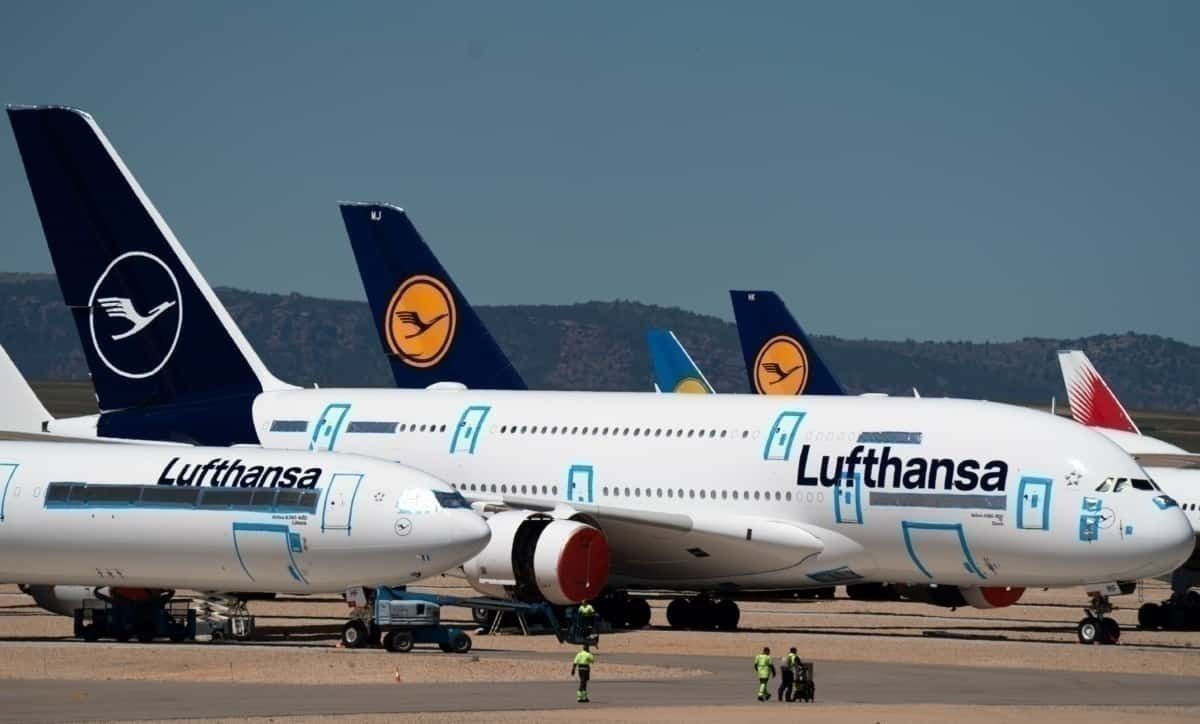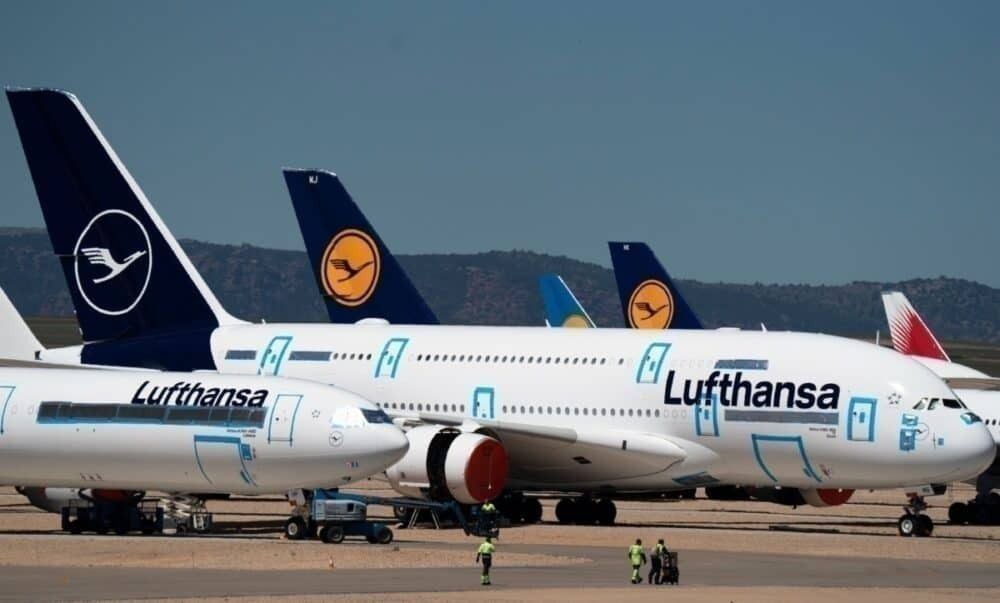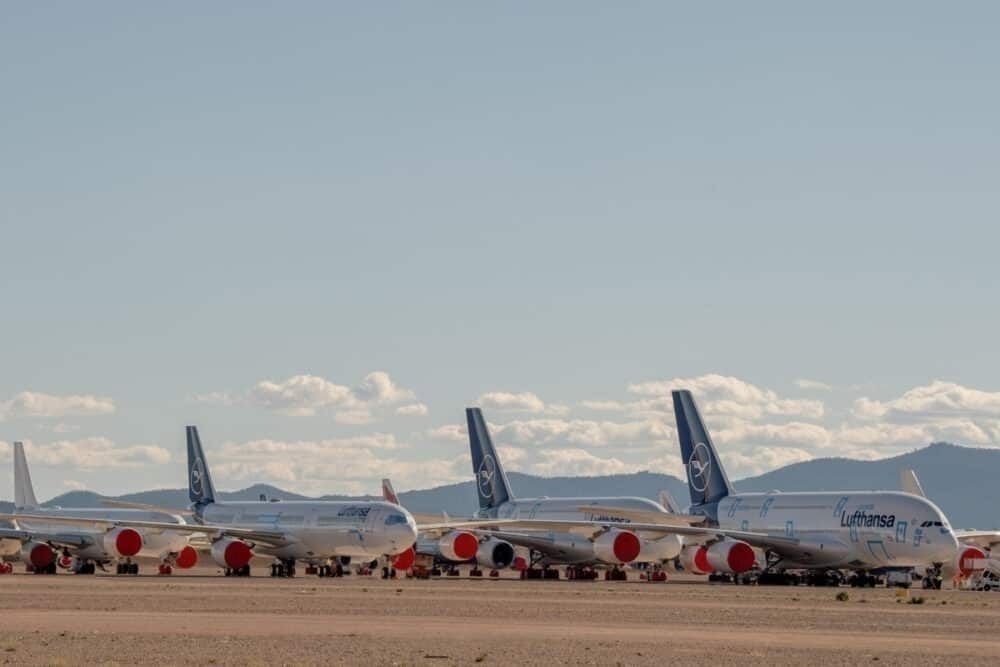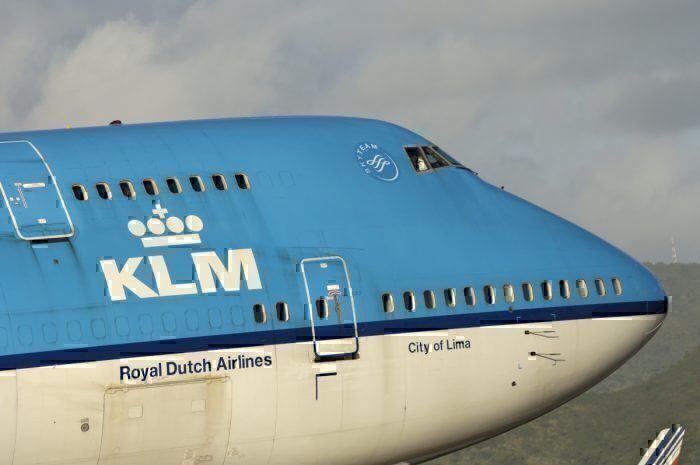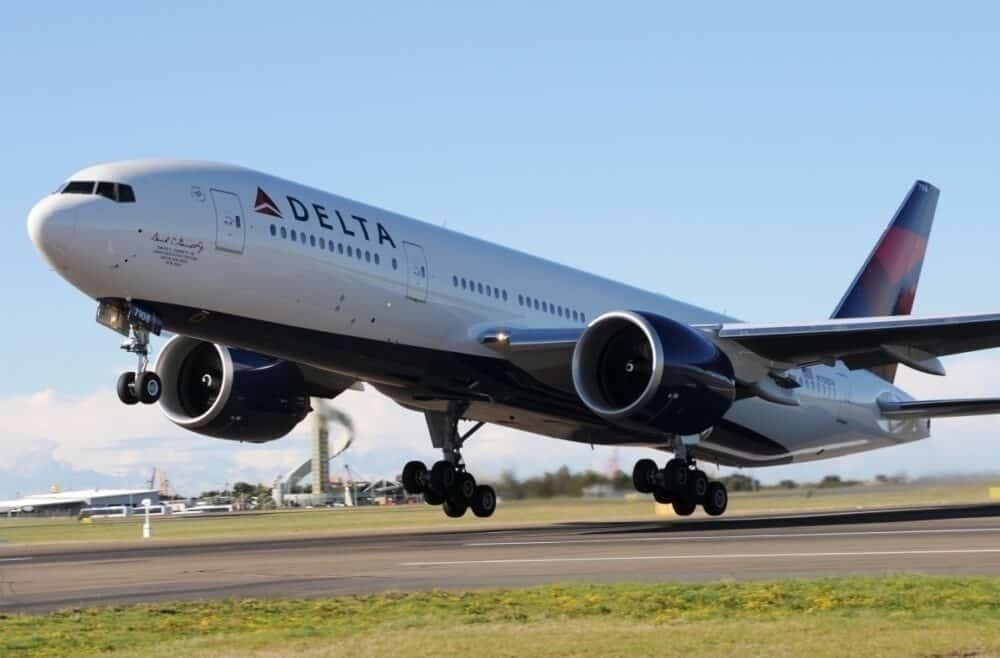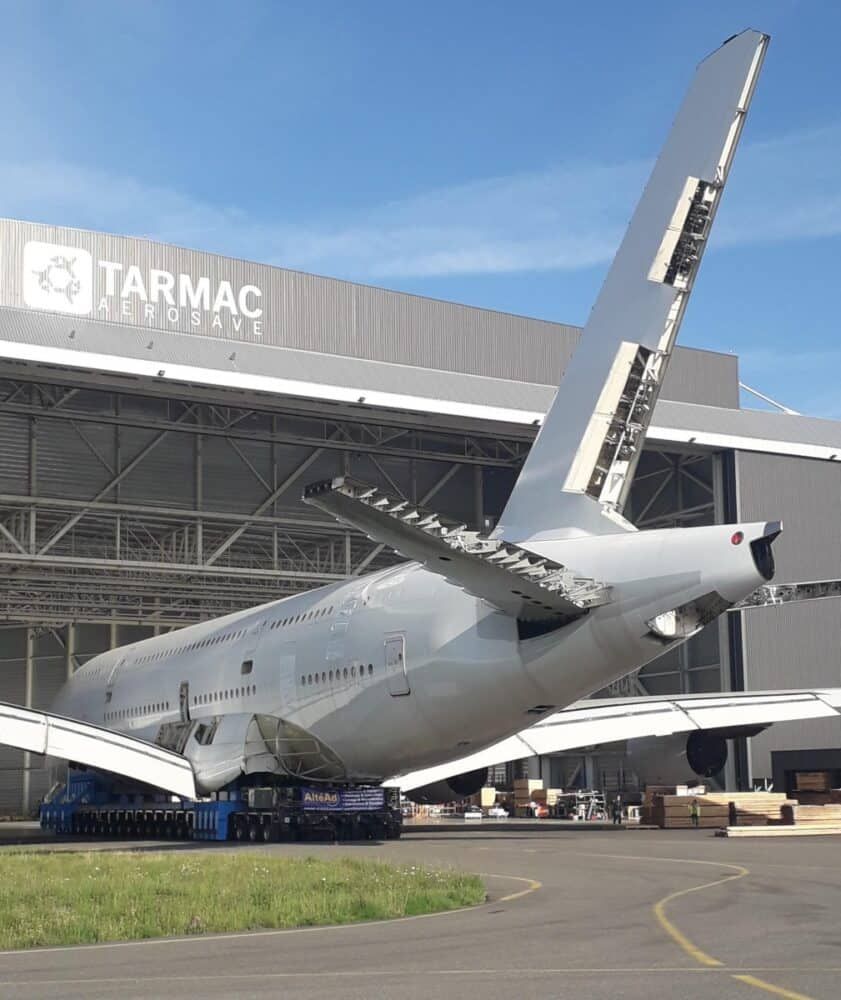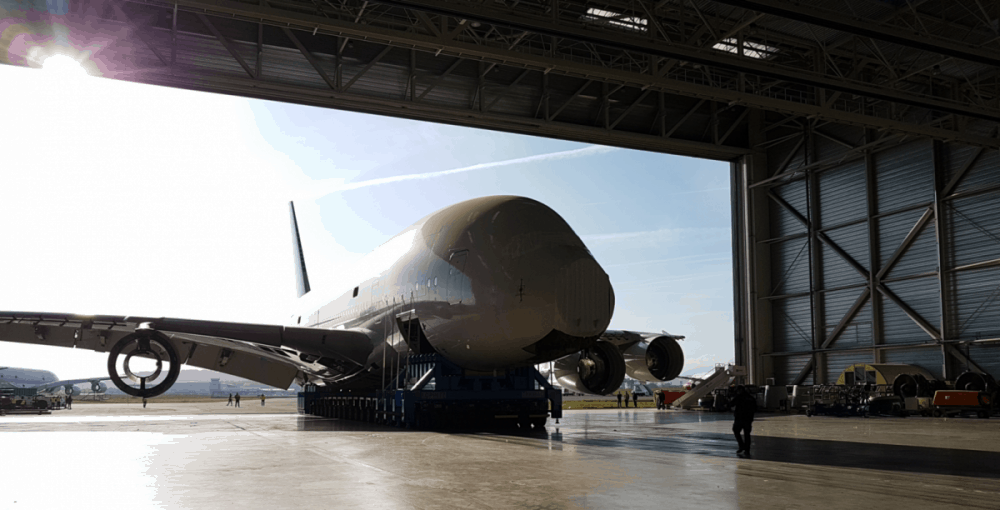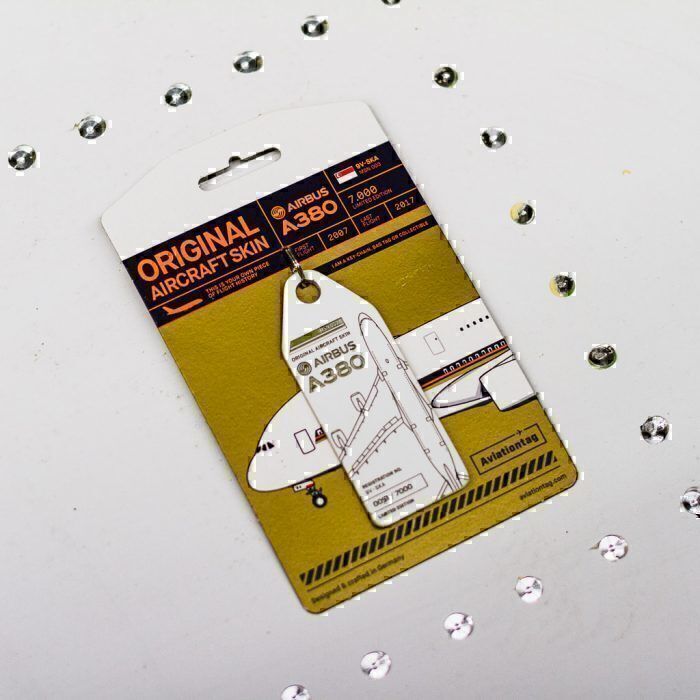With many airlines anticipating a two to three-year recovery period towards 2019 passenger volumes, older, larger, and overall less-efficient jets are being retired. One of the earliest victims was the Airbus A380, which went from being the first grounded to one of the first types retired. Some Boeing 747s were also retired much earlier than planned. So what will happen to all of these widebodies once they are no longer flying passengers for airlines?
Too expensive to keep around
It's entirely possible that these aircraft could be used again to fly passengers in the future when demand comes back. However, because this is expected to take several years, it's not financially feasible to hang on to a big jet for so long without being used.
Airlines would need to pay for regular servicing and maintenance costs for the large jets, as well as rent/parking fees at storage facilities. These expenses can add up fast - at a time when financial resources are extremely limited, and carriers find themselves asking for government bailouts.
Even if an airline was able to hang on to its large jets until the market recovered, many larger widebodies are aging and are in bad need of cabin refurbishment. This would be another considerable expense making it less feasible to keep the jets.
Therefore, if facing early retirement, it's in the best financial interest of an airline to get large aircraft off its books as soon as possible.
The used market
We took part in a little 'thought experiment' recently, weighing the pros and cons of launching an airline in 2020. With many of these jets still intact and in good condition, they could be considered an excellent buying opportunity for an airline that wants to expand at a cost lower than average.
This would certainly be a crazy move requiring a great deal of optimism. However, as far as prices go - this might be as good as it gets for some good-condition widebody jets.
Still flying - but without passengers?
Another possibility for select widebodies is being converted into freighters. This is a procedure or practice known as P2F - or passenger to freighter.
For now, this is not a realistic option for the Airbus A380, which has never been considered feasible for freighter conversion...even though some are trying...
However, we've seen in the past that retired Boeing 747 passenger aircraft have found second lives as freighters, the same goes for 777s. According to Aircargopedia, this includes:
- Removing interior equipment and furnishings (seats, galley, toilets, stowage bins, side and ceiling liners, carpet flooring, oxygen, overhead consoles, entertainment systems) not needed by the airline.
- Removing or deactivating of passenger doors.
- Replacing or reinforcing floor beams as required to meet cargo loads requirements.
- Installation of the Main Deck Cargo Door (MDCD) with safety vent doors and replacing or reinforcing surround structure.
- And many more modifications...
Some factors encourage and prevent this from happening. On the one hand, "747-8 freighters are expensive, 777 production freighters are extremely expensive," remarked Baldvin Mar Hermannsson, CEO of Air Atlanta Icelandic via Lloyds Loading List. The situation caused by COVID-19 certainly makes 747-400s and 777s more available for conversion.
However, Stan Wraight, president, and CEO of air freight consultancy Strategic Aviation Solutions International noted in May that there are no conversion kits left for the 747. Furthermore, limited pilot numbers also affect the viability of 747 operations.
Spare parts
Sadly, it's most likely that many of these widebodies will be dismantled, their parts salvaged to keep other jets alive. Airlines that have chosen to hang on to their A380s, such as Emirates, may find it easier to acquire spare parts due to the few airlines retiring their own superjumbos. This includes Lufthansa and Air France. This may actually strengthen the case for Emirates to extend the time it operates the A380s, considering that parts might be a little cheaper due to more supply and availability.
We could see something similar with the 747s, where retired jets are dismantled and salvaged for spare parts, going to airlines that have chosen to keep their own 'Queen of the Skies.'
There may be some parts unlikely needed as 'spare.' Thus, certain parts that have value as metals will be taken apart, piece by piece, recycled, and reformed.
A more niche application can be seen with companies like Aviationtag, which has taken parts of the A380 fuselage and turned them into trinkets for avgeeks like us.
From passengers to guests
It's possible that some aircraft could have the same fate as N727PA, a 747-200, which eventually ended up in Sweden. The jumbo jet serves as a functional hostel for travelers and is located on the fringes of Stockholm Arlanda Airport (ARN). The 29-room Boeing 747 includes both a luxury private cockpit suite and a 24-hour cafe/ bar built in the former First Class cabin.
Another possibility for an intact widebody is that it is transported to a museum somewhere, left as a reminder of one part of aviation history.
Still up in the air
For many retired widebodies, their exact fate will still be up in the air, so to speak. We haven't had much confirmation on specific plans - only provided with the knowledge that the jets will no longer be flying commercial passenger operations.
Ultimately it will be up to the market to decide. This may include cargo operators, other airlines, or wealthy business owners looking to capitalize on a relatively cheap aircraft.
What would you like to see happen to retired widebody aircraft in the months to come? Let us know your thoughts in the comments.

